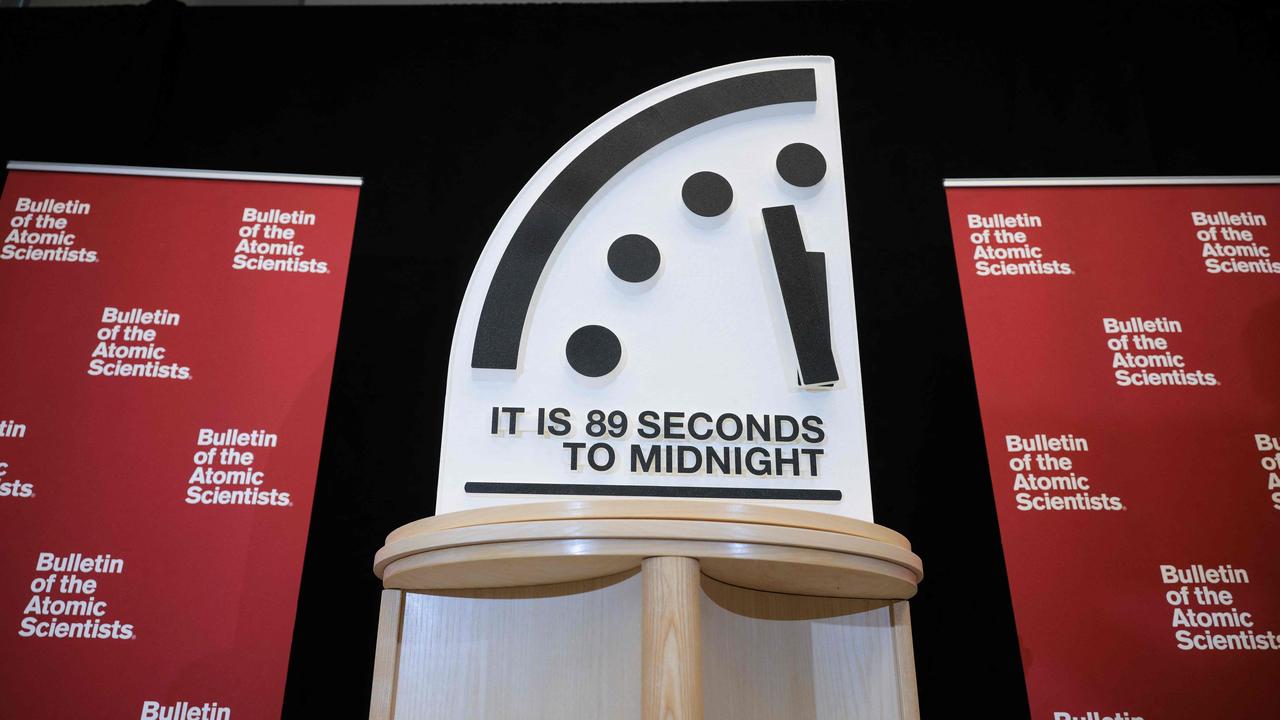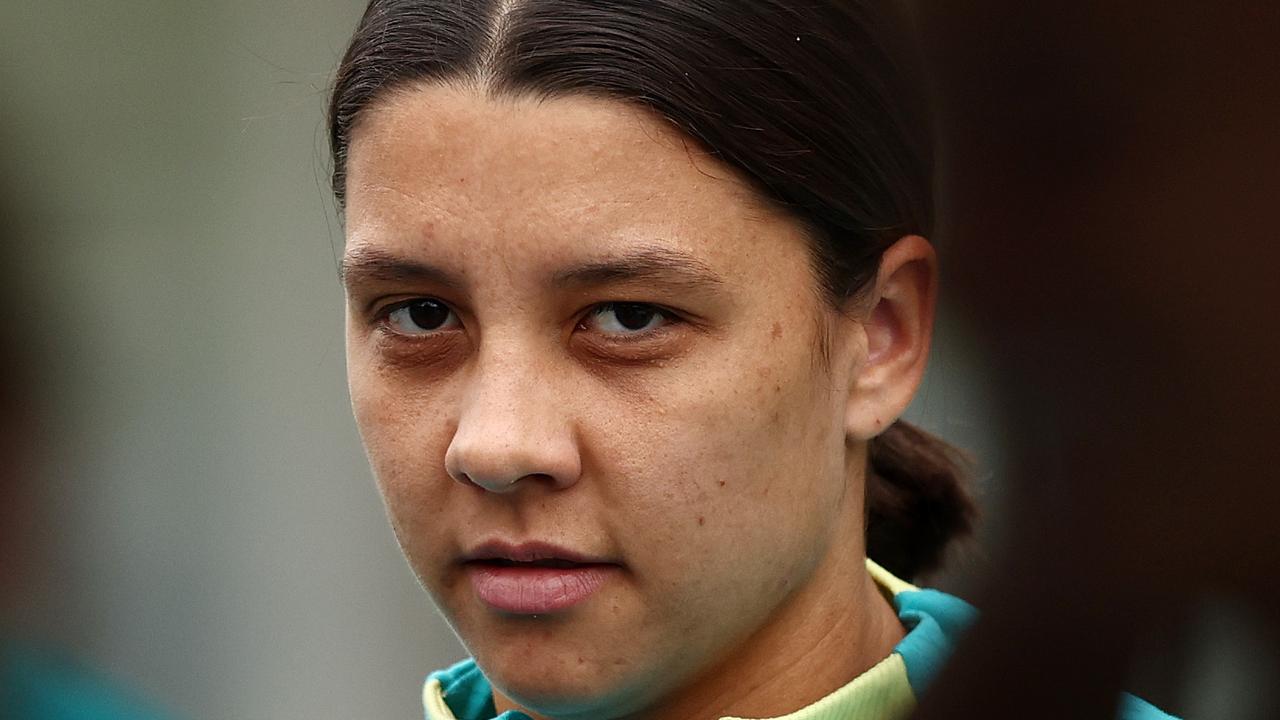Talking Point: Hell hole for kids finally shut down
So what purpose will these new centres serve if we can move away from them being places where children are sent to be “punished”, asks GREG BARNS.

Opinion
Don't miss out on the headlines from Opinion. Followed categories will be added to My News.
FORMER prime minister Paul Keating once said: “Leadership is not about being popular. It’s about being right and about being strong.”
That’s an apt observation in the case of Premier Peter Gutwein’s decision last Thursday to close the undergraduate school for Risdon prison, also known as Ashley Youth Detention Centre.
Mr Gutwein has taken a decision that his predecessors refused to take, despite being told by independent experts and groups led by this columnist among others, that Ashley was causing immense long-term harm to those sent there.
That Ashley has no redeeming features was manifest only recently when this columnist observed a child in handcuffs in a court setting.
But it is not only Ashley that is destroying the lives of vulnerable children and those on the cusp of adulthood, it is also due to the failure of government and the community to put therapeutic care and human rights front and centre of how we deal with those who interact with the youth justice system.
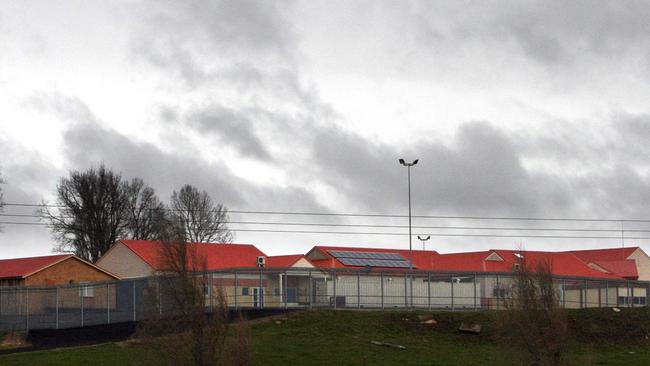
On the same day as Mr Gutwein’s announcement, Tasmania Police officials told a Budget Estimates hearing the organisation does not keep data on strip searches of children.
There is no specialist Children’s Court, as is the case in most jurisdictions in Australia. The jailing of teenage children seems to be accepted by our legislature, courts and community despite overwhelming evidence it ensures life will continue on a downward trajectory.
The paucity of therapeutic health, education and care services in the youth justice sector has been a fact of life for decades but nothing has been done about it.
Mr Gutwein’s statement and sentiments are the most promising we have heard from a political leader in modern times. He used the term therapeutic. He talked about best practice and he emphasised the replacement of Ashley would be two small centres that focus solely on improving the lives of those who, almost without exception, have been dealt a dreadful hand through poverty, neglect and violence.
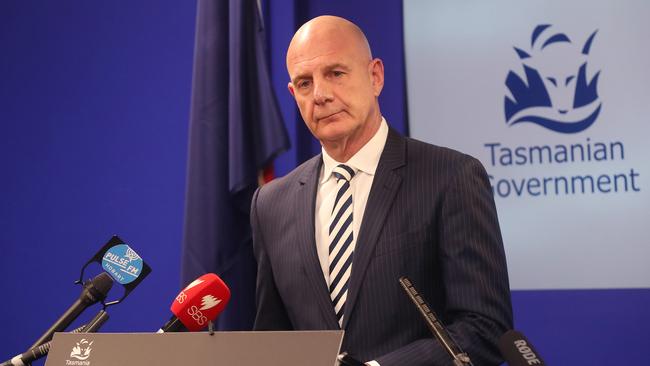
As Dr Mindy Sitori of the Justice Reform Initiative (disclaimer, this columnist is a patron) said last week there is an “opportunity for Tasmania to lead the country in adopting an evidence-based approach for children and young people who become caught up in the criminal justice system”.
This will require dealing with a number of issues if this aim is to be met.
Firstly the need for a specialist children’s court.
At the moment in Tasmania, children are dealt with in an adult court building and they are just an adjunct to the Magistrates Court. They are also dealt with in the Supreme Court, which is austere and no place for a child. This is in contrast to Victoria where the long-established Children’s Court has a specialist mental health clinic, lawyers who practice exclusively in that jurisdiction, and with judges and magistrates who are well versed in therapeutic and restorative justice concepts.
We could do a lot worse than engage with the recently departed impressive head of that Court, Judge Amanda Chambers.
Former Chief Magistrate of the Magistrates Court in Tasmania and a pioneer of therapeutic justice Michael Hill should also be part of this process.
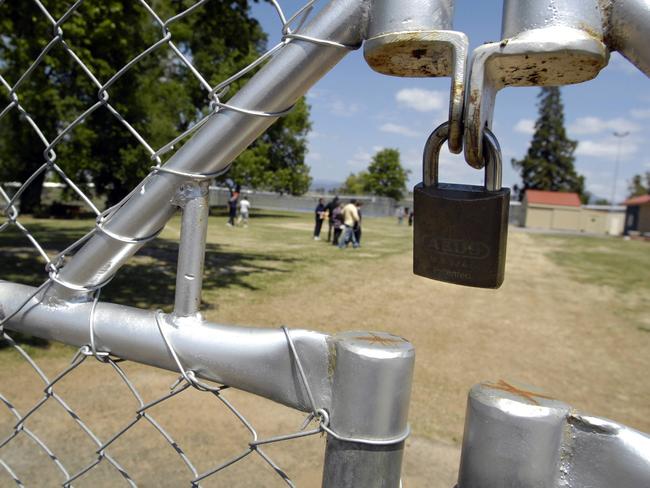
We must decide whether the new facilities Mr Gutwein proposes are places of detention or of support. There is a strong argument for abolishing detention as a sentencing option for children (and of course raising the age of criminal responsibility to 14). What to do though with the 16-year-old who seriously assaults a person or who commits a string of burglaries? Here, restorative justice presents as the smart option.
In Ireland, for example, this is an approach that has been used for some time now. That fictional 16-year-old hears from the victim about the impact of their offending. There is the chance for the 16-year-old to apologise. There is also the requirement for that young person to engage with well-resourced services, such as education, mental health and life skill supports.
All the research conducted in Ireland and the UK shows victims prefer restorative justice and the recidivism rates for youth are half those of detained youth.
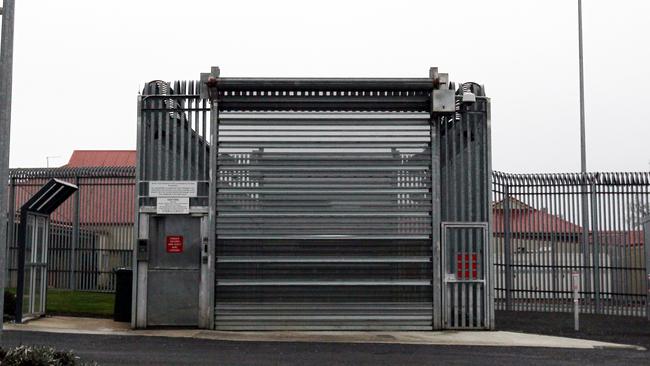
So what purpose will these new centres serve if we can move away from them being places where children are sent to be “punished”.
These centres need to be places where a specialist Children’s Court refers, rather than sentences, young people.
The centre must be secure, supportive accommodation and focused on engaging with that young person in a positive way. There can be no punishments such as isolation, strip searches or handcuffs.
Working with the family of the young person, therapies and supports designed to deal with intellectual disability, acquired brain injury, and mental illness, must be available to any child in such a centre.
Ending youth detention in Tasmania is smart justice.
Mr Gutwein has opened the door so let’s walk through it.
Hobart barrister Greg Barns SC is a human rights lawyer who has advised federal and state Liberal governments.

